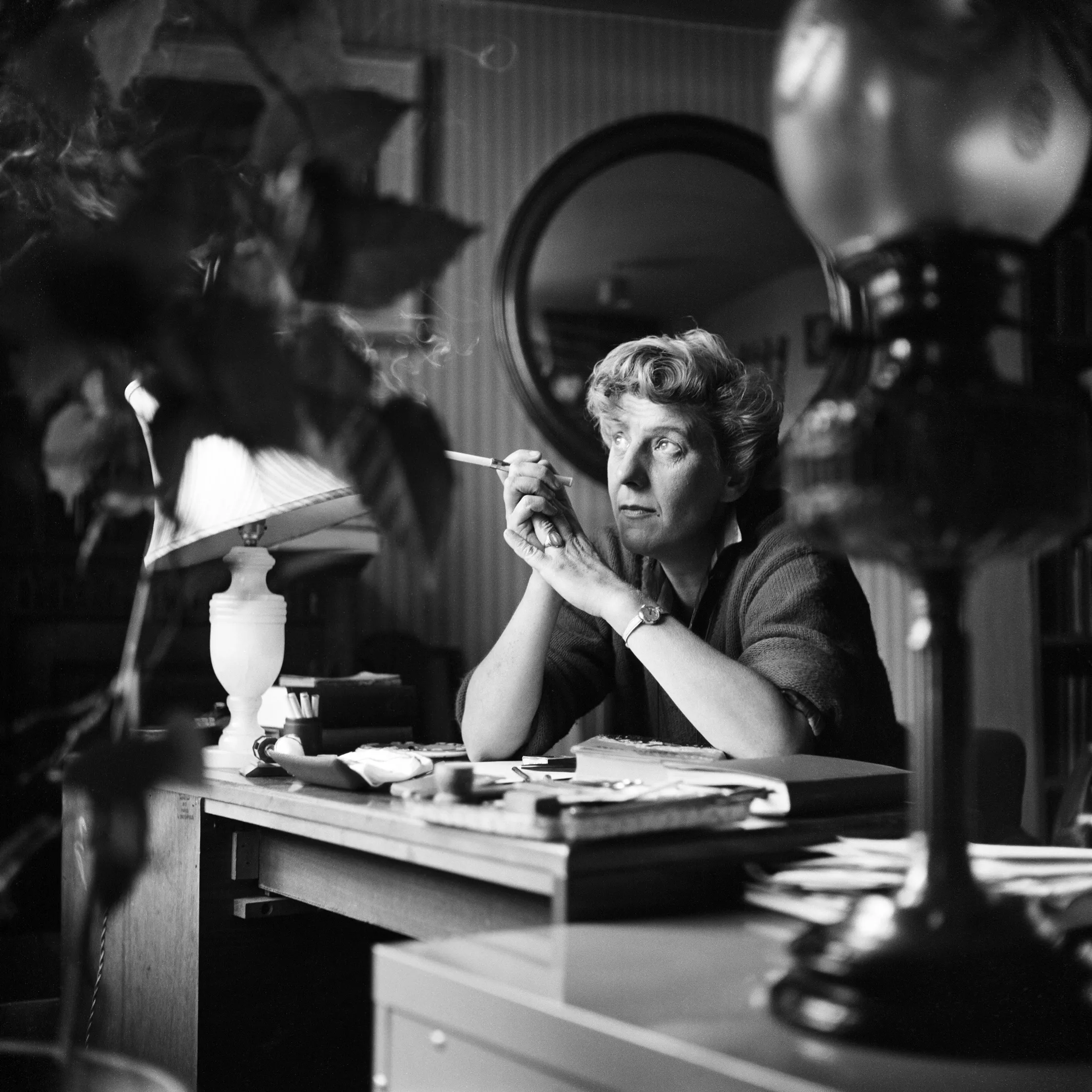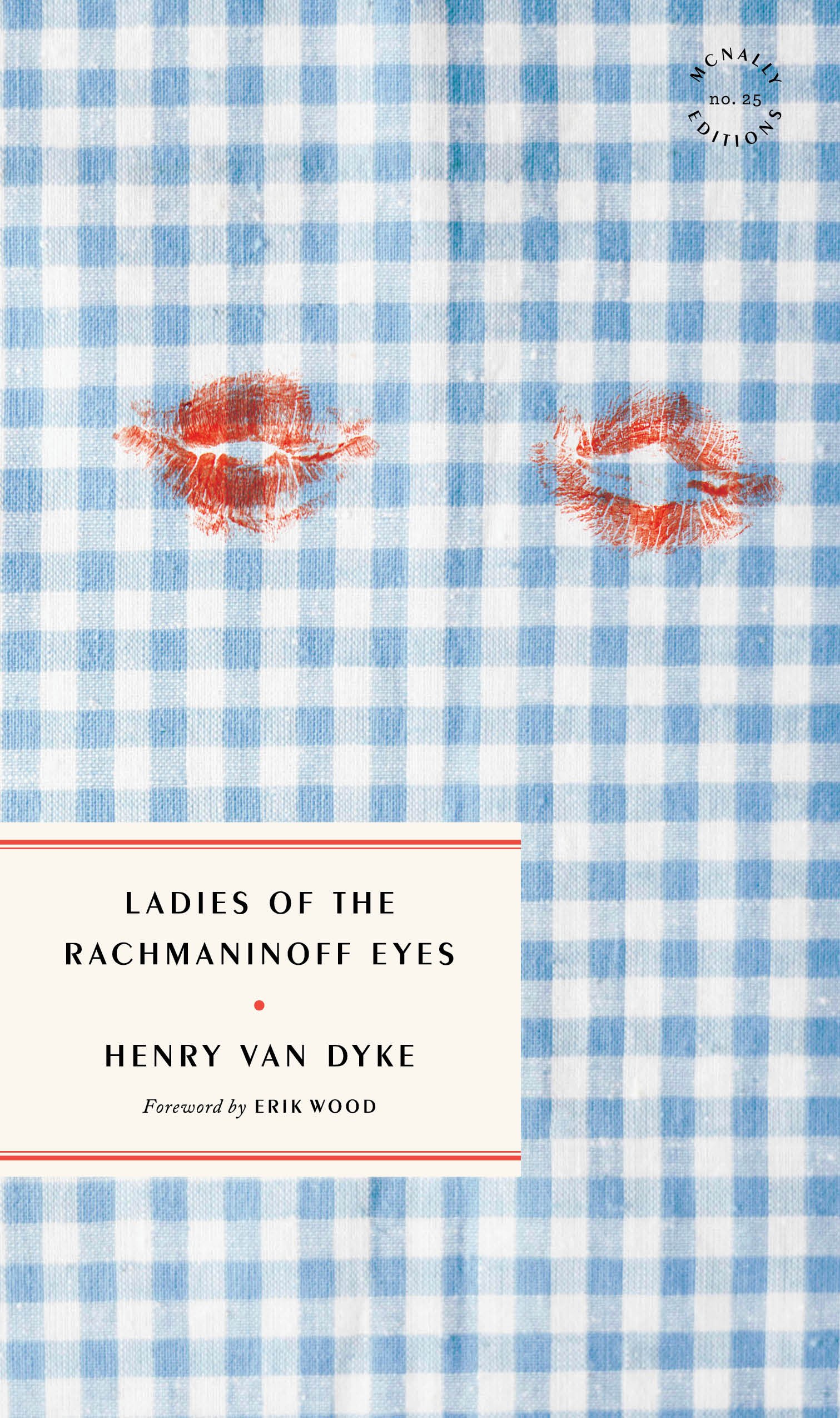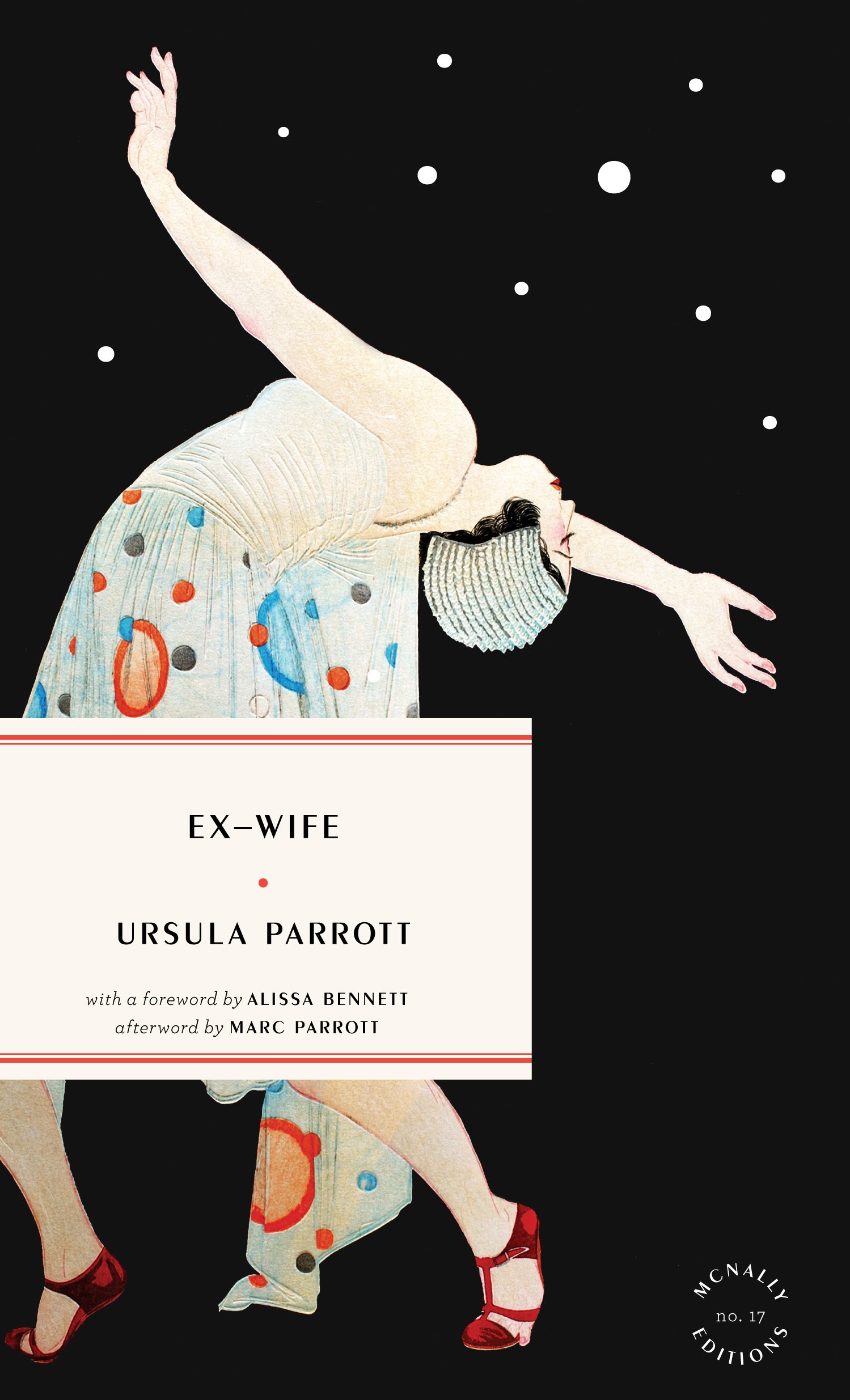They
Kay Dick
Afterword by Lucy Scholes
A rediscovered, dystopian classic about a mass movement to quash individuality and art—“queer, English, a masterpiece.” (Hilton Als)
Kay Dick
Afterword by Lucy Scholes
A rediscovered, dystopian classic about a mass movement to quash individuality and art—“queer, English, a masterpiece.” (Hilton Als)
Kay Dick
Afterword by Lucy Scholes
A rediscovered, dystopian classic about a mass movement to quash individuality and art—“queer, English, a masterpiece.” (Hilton Als)
Set amid the rolling hills and the sandy shingle beaches of coastal Sussex, this disquieting novel depicts an England in which bland conformity is the terrifying order of the day. Violent gangs roam the country destroying art and culture and brutalizing those who resist the purge. As the menacing “They” creep ever closer, a loosely connected band of dissidents attempt to evade the chilling mobs, but it’s only a matter of time until their luck runs out.
Winner of the 1977 South-East Arts Literature Prize, Kay Dick’s They is an uncanny and prescient vision of a world hostile to beauty, emotion, and the individual.
“A creepily prescient tale in which anonymous mobs target artists and destroy their art for the crime of individual vision. Insidiously horrifying!”
—Margaret Atwood
“The fourth book by the trailblazing queer English writer, editor and publisher Kay Dick . . . spare, troubling, eerily familiar. It evokes Yōko Ogawa’s Revenge: Eleven Dark Tales or Jacqueline Harpman’s I Who Have Never Known Men, occupying a space between dystopia and horror."
—Carmen Maria Machado, The Guardian
“Queer, English, a masterpiece.”
—Hilton Als
“They is dark, but the light never quite goes out . . . The book is supple with dread . . . And a great part of the rediscovery is the figure of Dick herself: a fully formed narrator, bowed and unbowed, monocle intact, who has weathered the storm already.”
—Sam Knight, The New Yorker
“Both a dystopian fable and a stealth memoir . . . Like all robust allegories, They grants the reader the freedom to imagine any number of vivid referents for the opaque."
—Melissa Anderson, Bookforum
“Dick’s lush, transcendent nature writing contrasts with her spare, elliptical dialogue . . . [it’s] a cri de coeur against urbanization . . . They is a study of fear. Its disconcerting power lies in its dream logic and elisions—the unexplained background, the offstage violence.”
—Madeleine Feeny, The Spectator
“[A] stunningly effective dystopian nightmare . . . Could there be a more fitting moment for the revival of Dick’s uneasy little masterpiece than our own era of isolation, fractious culture wars, widening intolerance, and environmental decline?”
–David Wright, Library Journal, Starred Review
“A tension of glinting malice pervades the narrator's episodic travels . . . here is a liberatory current of queer and nonmonogamous love and desire running counter to the increasingly stifling oppression enacted on the populace . . . Dick’s dreamlike rendering of virulent conformity and a quotidian bloodthirsty anti-intellectualism still resonate. A timely reissue of English author Dick's slim dystopian fever dream.”
“[A] disquieting, lean, pared-back dystopian tale . . . One element that makes the book especially disturbing is that “they,” whoever they are, are not a government-sanctioned group like Bradbury’s firemen or Orwell’s all-pervading government surveillance, but rather an unsanctioned multitude, the strength of which appears to lie not in official mandates, but rather in the swell of their ever-increasing numbers . . . It’s chilling, but compellingly so.”
—Lucy Scholes, The Paris Review
“Eerie, atmospheric . . . The faceless nature of the antagonists—whose philosophy, goals, and power structures are unspoken—runs counter to other mid-century dystopian tales and leaves space for interpretation . . . Dick creates a pervasive sense of dread for those who give their lives to art. This unsettling dreamlike endeavor is a worthy rediscovery.”
“Kay Dick’s mind is a delicate instrument, aware, sensitive, intelligent, alive to every shade of feeling and sensation.”
—L. P. Hartley, Sunday Times
“Strong stuff, beautifully written, to make a man look behind him in fear and dread when walking down a leafy lane.”
—Philip Howard, The Times
Pair your McNally Editions hat with a book! Choose from Ursula Parrott’s Ex-Wife, Gary Indiana’s Rent Boy, Grégoire Bouillier’s The Mystery Guest, Kay Dick’s They, Alston Anderson’s Lover Man, Djuna Barnes’ I Am Alien to Life, or Dorothy Parker’s Constant Reader, and get the hat that goes with it—for only $40.
After being educated in Geneva and London, Kay Dick (1915–2001) found herself mixing with “a louche set” that included Ivy Compton-Burnett, Stevie Smith, and Muriel Spark. At the age of twenty-six, she became the first female director of an English publishing house, and from the 1940s through the ’60s, she and her long-term partner, the novelist Kathleen Farrell, were at the heart of the London literary scene. She published seven novels, a study of the commedia dell’arte, and two volumes of literary interviews.
Lucy Scholes is a critic who lives in London. She writes for the Times Literary Supplement, Financial Times, Paris Review Daily, and New York Times Book Review, and is an editor at McNally Editions.
They: A Sequence of Unease • Paperback ISBN: 9781946022288
Feb 1, 2022 • McNALLY EDITIONS no. 4
5" x 8.5" • 128 pages • $18.00
eBook ISBN: 9781946022349











